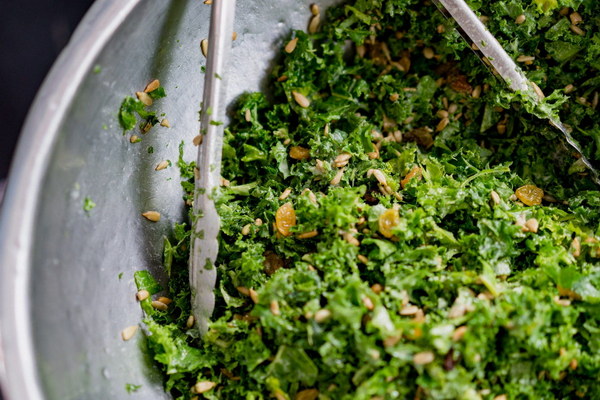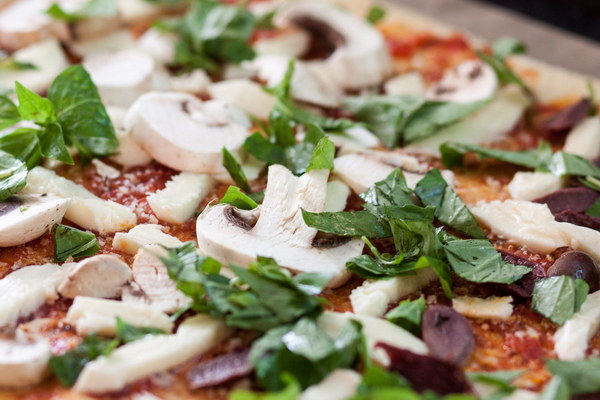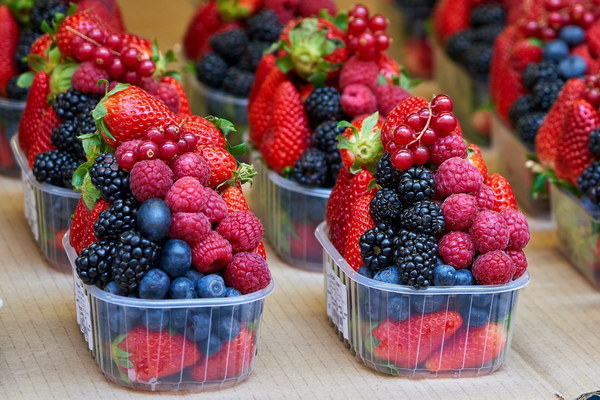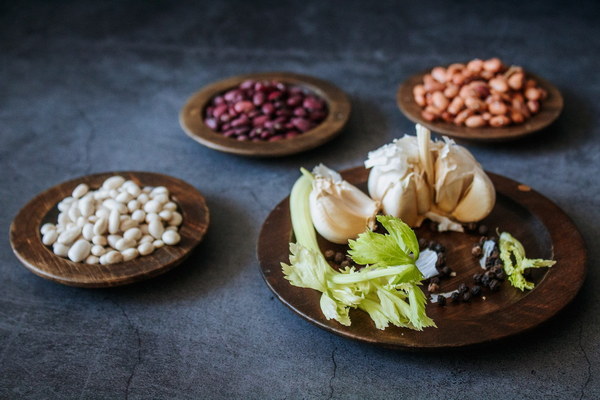The Comprehensive Assessment of Tea Ceremony Wellness Practitioner Certification How It's Evaluated
The art of tea ceremony is not just a cultural practice; it is a profound method of wellness that has been cherished for centuries. To become a certified tea ceremony wellness practitioner, individuals must undergo a rigorous assessment that evaluates their knowledge, skills, and understanding of the tradition. This article delves into the comprehensive process of how tea ceremony wellness practitioner certification is evaluated.
1. Background and Knowledge Examination
The first step in the certification process is a written examination that assesses the candidate's background knowledge of tea, its history, and its role in traditional wellness practices. This exam typically covers the following areas:
- Origin and history of tea
- Types of tea and their characteristics
- Tea preparation techniques
- Traditional tea ceremonies
- Health benefits of tea and its role in wellness
Candidates are expected to demonstrate a thorough understanding of these topics to proceed to the practical assessment.
2. Practical Skills Assessment
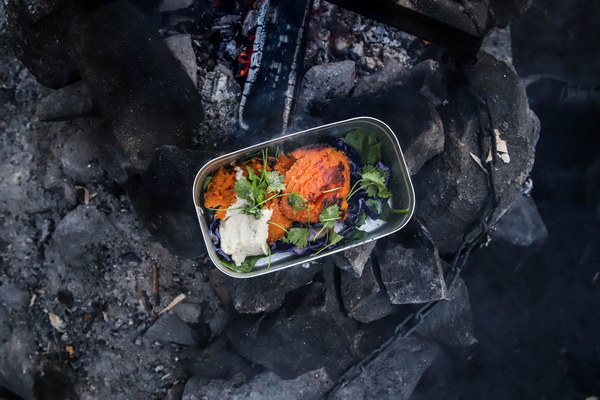
Following the written examination, candidates must undergo a practical skills assessment. This segment of the certification process evaluates their ability to perform various tasks associated with tea ceremony wellness. Key areas of focus include:
- Tea selection and storage
- Tea preparation and brewing techniques
- Tea set up and presentation
- Customer interaction and communication
- Adaptation of tea ceremony for different wellness needs
Certification evaluators observe candidates as they perform these tasks and provide feedback on their proficiency.
3. Personalized Consultation and Case Studies
To further assess the candidate's ability to apply their knowledge in real-world situations, a personalized consultation and case study assessment is conducted. This portion of the certification process requires candidates to:
- Conduct a one-on-one consultation with a client
- Develop a tailored wellness plan incorporating tea ceremony practices
- Present the plan to the certification evaluator
This step evaluates the candidate's ability to connect with clients, understand their needs, and provide a personalized experience.
4. Ethical and Professional Standards
In addition to technical skills and knowledge, tea ceremony wellness practitioners must adhere to ethical and professional standards. The certification process includes an assessment of the candidate's:
- Understanding of ethical principles in wellness practices
- Ability to maintain confidentiality
- Professional demeanor and communication skills
Candidates must demonstrate their commitment to these standards to successfully complete the certification.
5. Final Evaluation and Certification
Once the candidate has passed all the previous assessments, they undergo a final evaluation. This comprehensive review examines the candidate's overall performance, knowledge, and skills in the context of tea ceremony wellness. If the candidate meets the required standards, they are awarded the tea ceremony wellness practitioner certification.
Conclusion
The certification process for tea ceremony wellness practitioners is a thorough and comprehensive evaluation of one's knowledge, skills, and ethical standards. By undergoing this rigorous assessment, individuals gain the recognition and expertise needed to share the ancient art of tea ceremony with others, fostering wellness and harmony in their lives and those around them.


